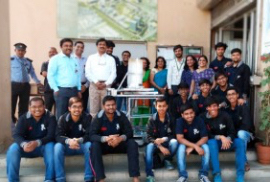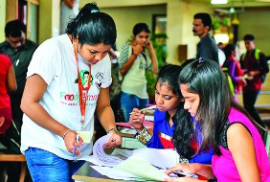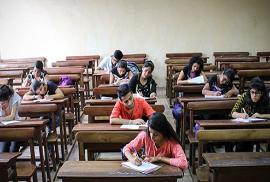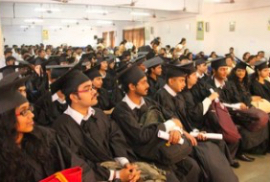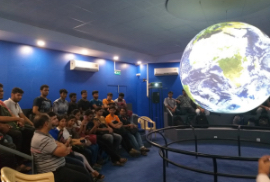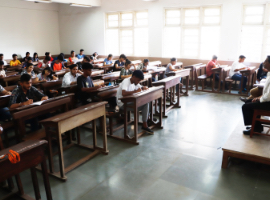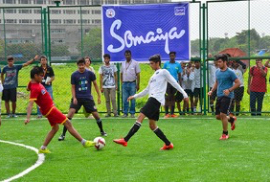Accomplishments

Markov Clustering in Leaf Disease Detection Based on Classification using Probabilistic Naïve Bayes Regression for Deep Learning Architecture
- Abstract
Destructive insects and plant leaf diseases pose serious problems for the agricultural industry. A quicker and better accurate forecasting of crop leaf infections could aid in the creation of an early treatment method and significantly lower financial losses. Researchers have been able to significantly increase the performance and accuracy of object identification and recognition systems because to recent advances in deep learning. This study offers an innovative methodology in leaf disease detection relied upon clustering plus classification employing deep learning architectures. Here the input dataset has been taken as leaf disease as well as processed for noise removal, smoothening. Then the processed image has been clustered using markov clustering and classified using probabilistic naïve bayes regression based deep learning architecture. The peach plants' leaves were obtained for the trials in this study using a publicly accessible dataset called PlantVillage. For several datasets, There has been experimental assessment in perspective of accuracy, precision, recall, F-1 score, RMSE, and MAP. The recommended approach accomplished accuracy of 95%, precision of 85%, recall of 77%, F-1 score of 73%, RMSE of 65% and MAP of 55%


